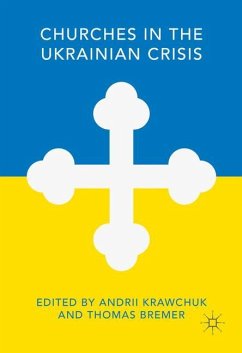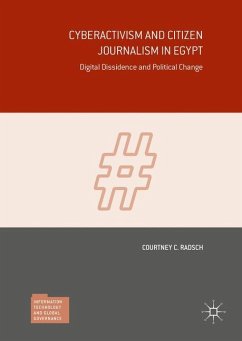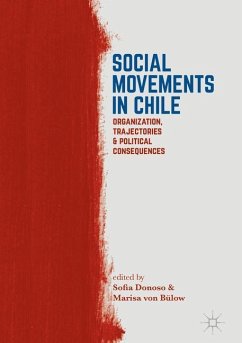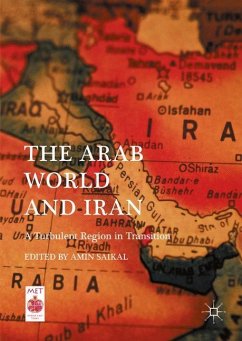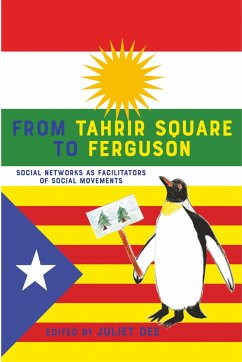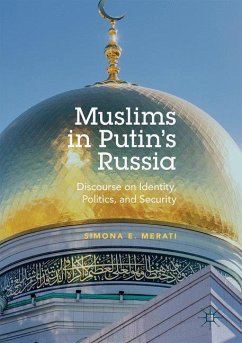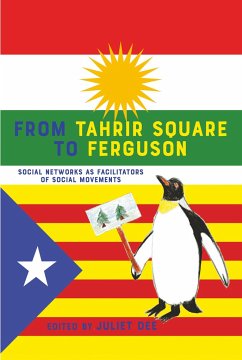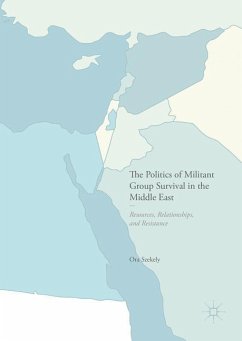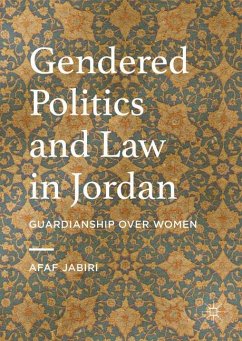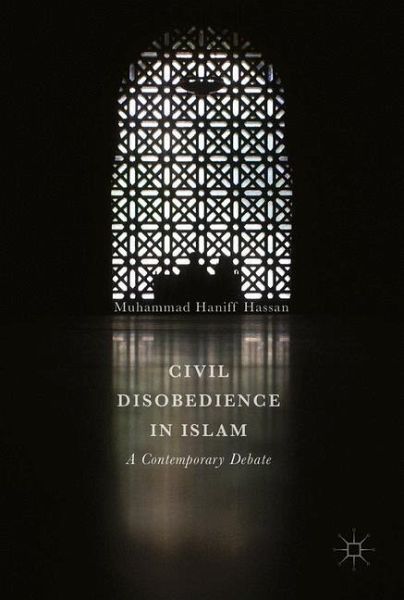
Civil Disobedience in Islam
A Contemporary Debate
Versandkostenfrei!
Versandfertig in 6-10 Tagen
65,99 €
inkl. MwSt.
Weitere Ausgaben:

PAYBACK Punkte
33 °P sammeln!
This book addresses contemporary debates on civil disobedience in Islam within the rich Sunni tradition, especially during the height of the non-violent people revolution in various Arab countries, popularly known as the Arab Spring. It illustrates the Islamic theological and jurisprudential arguments presented by those who either permit or prohibit acts of civil disobedience for the purpose of changing government, political systems or policy. The book analyses the nature of the debate and considers how a theological position on civil disobedience should be formulated in contemporary time, and...
This book addresses contemporary debates on civil disobedience in Islam within the rich Sunni tradition, especially during the height of the non-violent people revolution in various Arab countries, popularly known as the Arab Spring. It illustrates the Islamic theological and jurisprudential arguments presented by those who either permit or prohibit acts of civil disobedience for the purpose of changing government, political systems or policy. The book analyses the nature of the debate and considers how a theological position on civil disobedience should be formulated in contemporary time, and makes the case for alternatives to violent political action such as jihadism, terrorism and armed rebellion.





